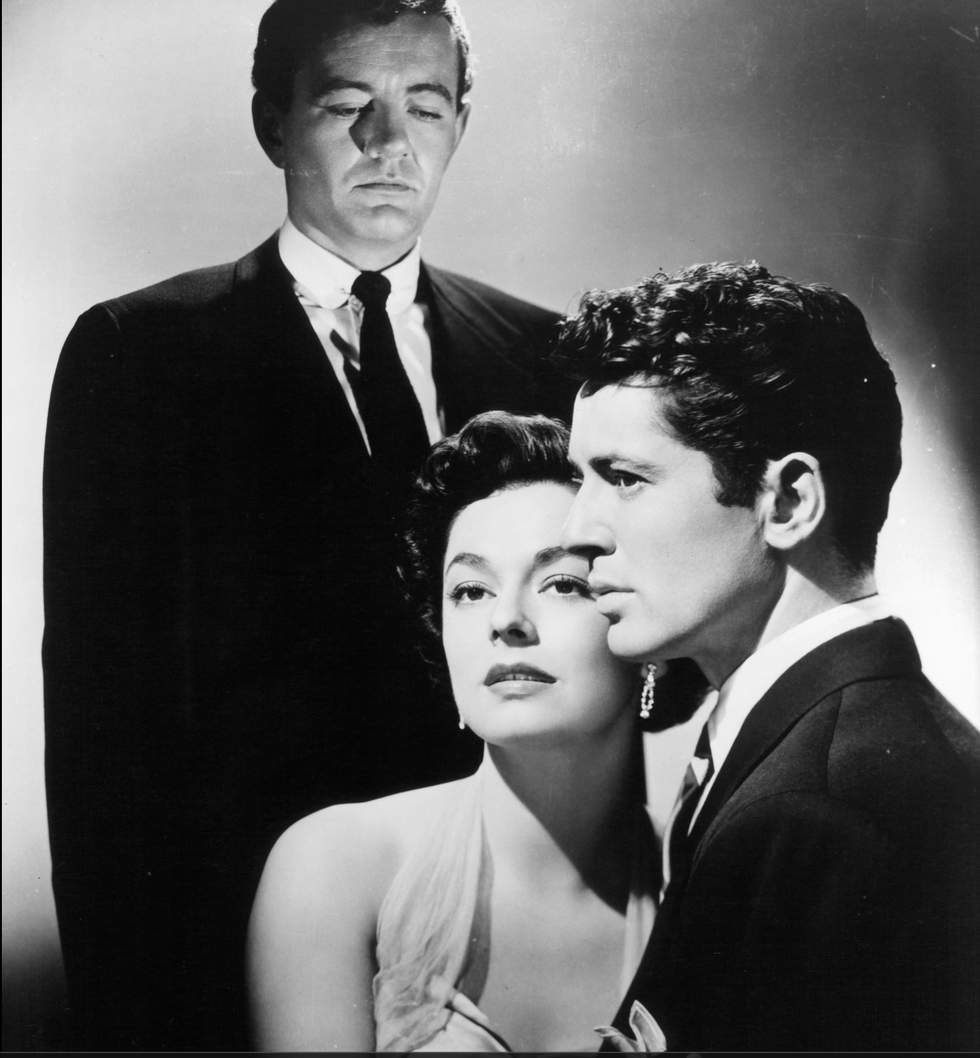The Talented Patricia Highsmith — and Why Her Stories Work on Film

Not all print-to-film adaptations can preserve the hair-rising chills of a great thriller novel, but three adaptations of work by Patricia Highsmith maintain their creepy splendor, even on celluloid, including Hitchcock’s “Strangers on a Train,” at right.



 lakevillejournal.com
lakevillejournal.com 




 Visitors consider Norman Rockwell’s paintings on Civil Rights for Look Magazine, “New Kids in the Neighborhood” (1967) and “The Problem We All Live With” (1963.) L. Tomaino
Visitors consider Norman Rockwell’s paintings on Civil Rights for Look Magazine, “New Kids in the Neighborhood” (1967) and “The Problem We All Live With” (1963.) L. Tomaino


 Styling a tray can give a home or room a re-fresh.Kerri-Lee Mayland
Styling a tray can give a home or room a re-fresh.Kerri-Lee Mayland





